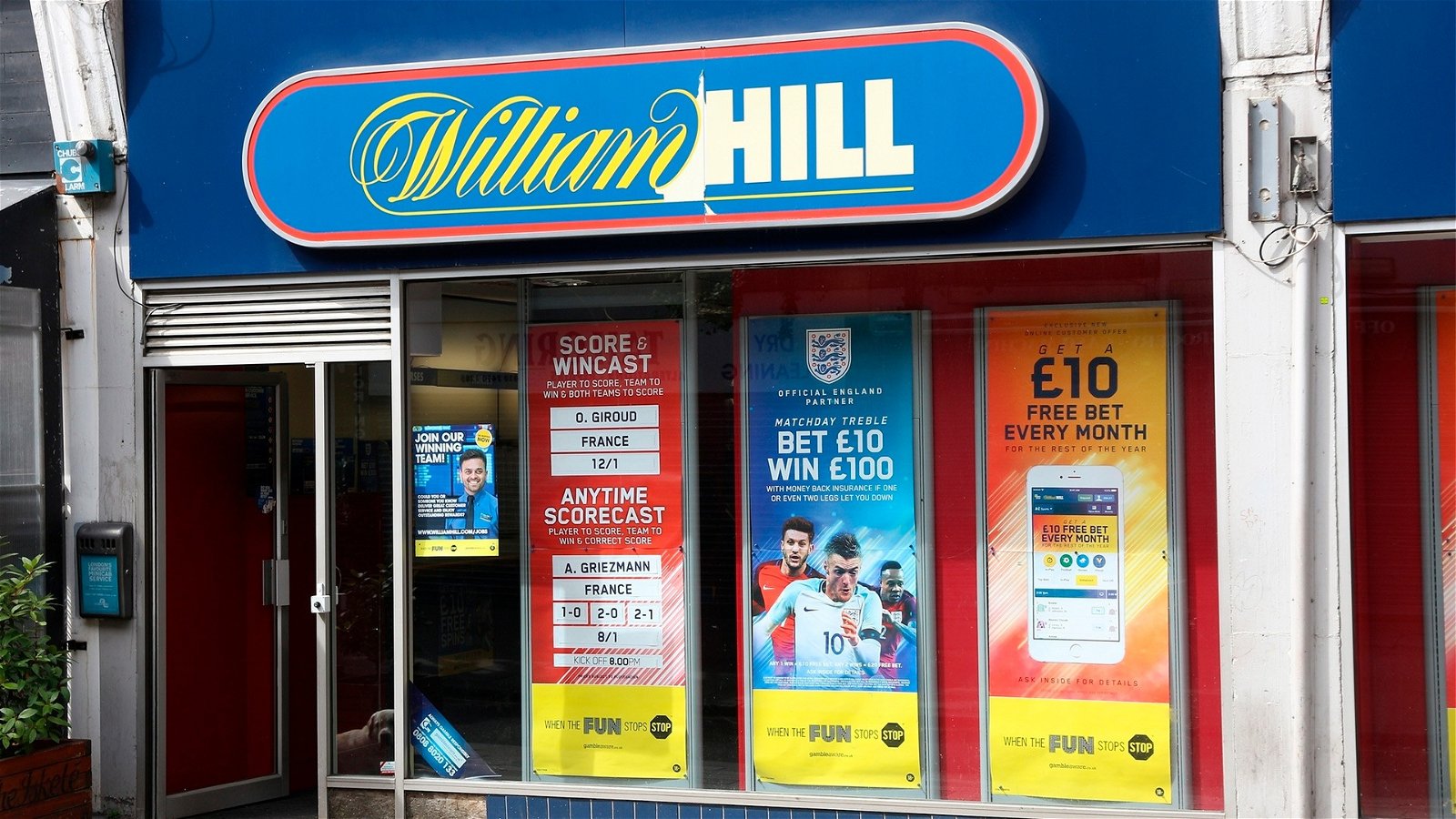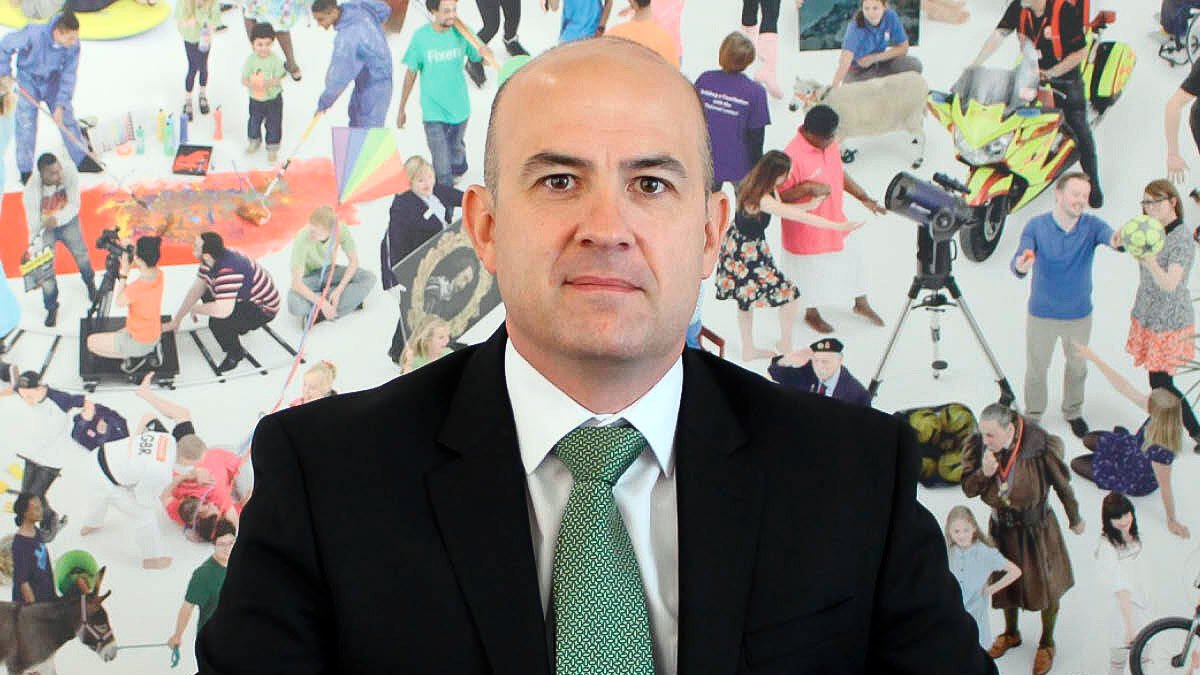Three gambling businesses owned by betting giant William Hill Group will pay a record £19.2 million ($23.7 million) for “widespread and alarming” social responsibility and anti-money laundering failures, the UK Gambling Commission announced on Tuesday. The 88-year-old bookmaking brand, owned by 888 Group, was responsible for a string of transgressions, including allowing customers to lose thousands of pounds within minutes of opening an account.
The gaming giant’s WHG (International) subsidiary, which runs williamhill.com, will pay £12.5 million. Its Mr. Green brand, which runs mrgreen.com, will pay £3.7 million; and William Hill Organization, which operates 1,344 gambling premises across Britain, will pay £3 million.
Additional license conditions will now be added to ensure a business board member oversees an improvement plan, and that it undergoes a third-party audit to assess that it is effectively implementing its AML and safer gambling policies, procedures and controls, the UKGC stated.
“When we launched this investigation the failings we uncovered were so widespread and alarming serious consideration was given to license suspension,” said Andrew Rhodes, Gambling Commission chief executive.
“However, because the operator immediately recognized their failings and worked with us to swiftly implement improvements, we instead opted for the largest enforcement payment in our history.”
Andrew Rhodes
The action comes just a week after the Commission fined two operators owned by Kindred Group a combined £7.2 million ($8.9 million) and is the largest enforcement case taken on by the regulator. The previous largest was a £17 million ($20.9 million) action taken against Entain in August last year.
Since the start of 2022 the Commission has concluded 26 enforcement cases with operators paying over £76 million ($93.7 million) because of regulatory failures, the regulator pointed out.
Rhodes added: “In the last 15 months we have taken unprecedented action against gambling operators, but we are now starting to see signs of improvement. There are indications that the industry is doing more to make gambling safer and reducing the possibility of criminal funds entering their businesses.”
“Operators are using algorithms to spot gambling harms or criminal risk more quickly, interacting with consumers sooner, and generally having more effective policies and procedures in place.”
Social responsibility failures at William Hill businesses included having insufficient controls in place to protect new customers, and to effectively consider high-velocity spend and duration of play until the customer may have been exposed to the risk of substantial losses in a short period. For instance, one customer was allowed to open a new account and spend £23,000 in 20 minutes without any checks.

The company’s brands also failed to identify certain customers at risk of experiencing gambling-related harm and failed to carry out checks at an early stage in the customer’s journey. Users were also able to gamble with other brands within William Hill’s portfolio despite not being allowed to do it at its other sites: ineffective controls allowed 331 customers to gamble with WHG despite having self-excluded from Mr Green.
As for anti-money laundering failures, these included allowing customers to deposit large amounts without conducting appropriate checks. Customers were able to stake large amounts of money without being monitored or scrutinized to a high enough standard – for instance the operator failed to request Source of Funds (SoF) evidence when one customer staked £19,000 in a single bet.
William Hill was bought by the online casino company 888 Holdings from Las Vegas-based giant Caesars in a £2.2 billion ($2.7 billion) deal in 2021. An 888 spokesperson said: “The settlement relates to the period when William Hill was under the previous ownership and management. After William Hill was acquired, the company quickly addressed the identified issues with the implementation of a rigorous action plan.”
The failures have been revealed just days before long-awaited reforms of Britain’s gambling laws are finalized. According to The Guardian, the “write round” process, where government departments approve the reforms, will begin this week, with a white paper due to be published in April.

















